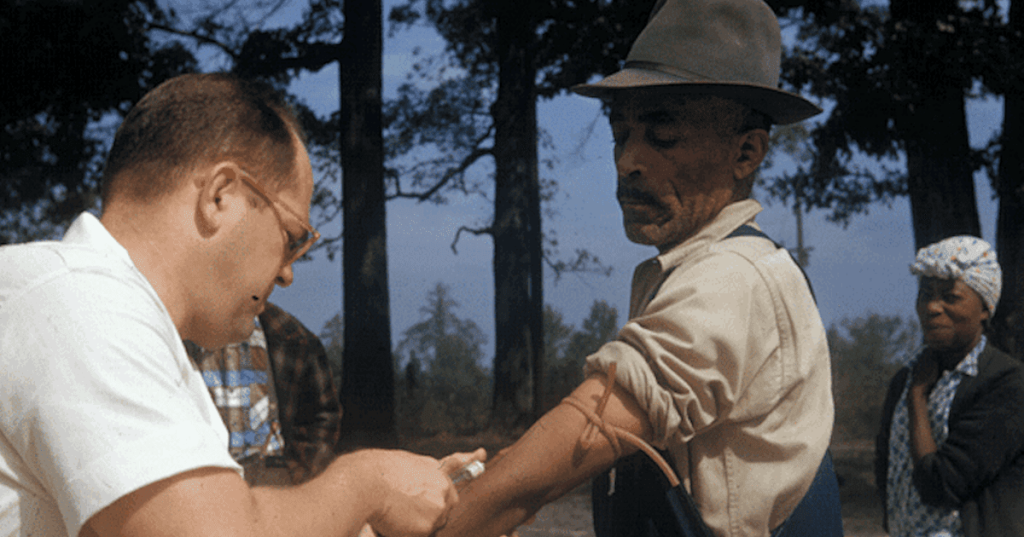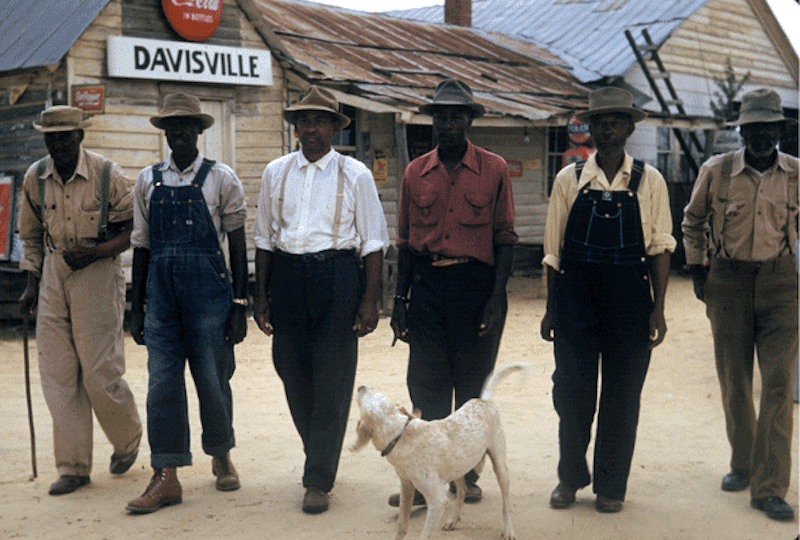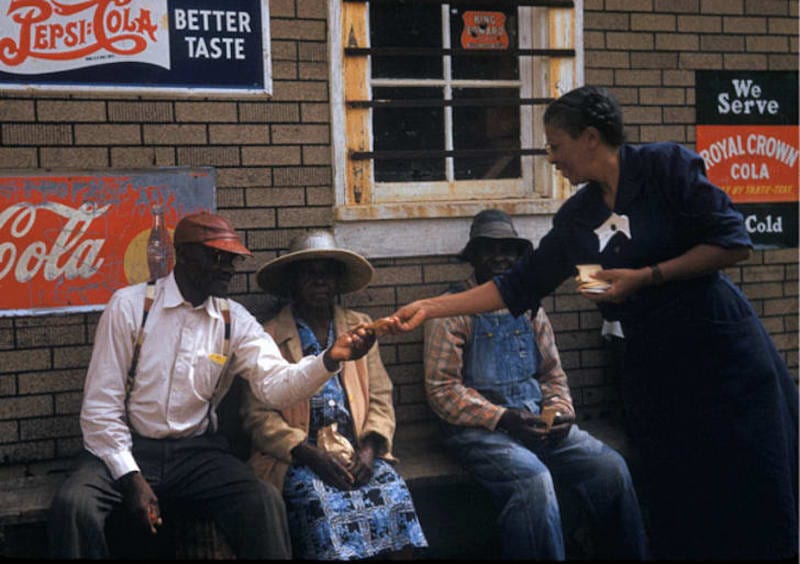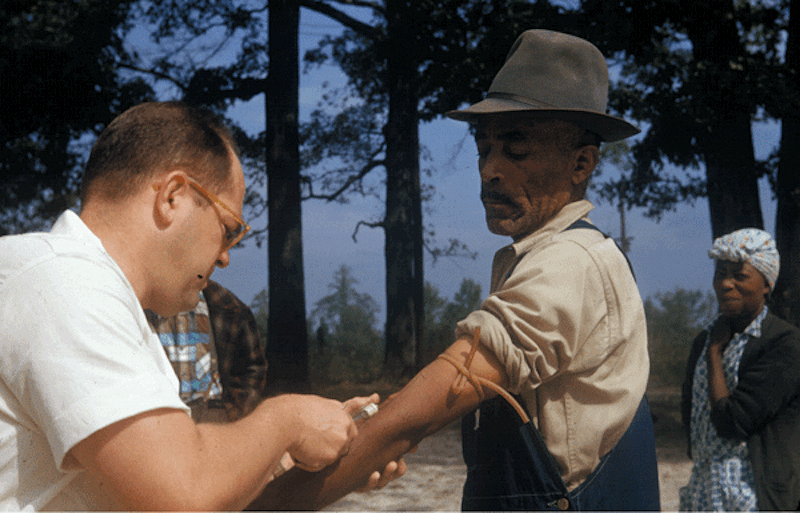Trending Now
Racism has permeated nearly every American institution since the country’s beginnings—even its medical community.
In September 1932, officials from the U.S. Public Health Service (PHS) recruited 600 Black men into a medical study to treat what they called “bad blood.” The men were eager to take part, as they were poor sharecroppers who had never had medical care and were and offered free exams and hot meals.
Nearly 400 of the study’s participants were suffering from the advanced stages of syphilis, which was incurable at the time. The others were control subjects.
The PHS wanted to study its effects, and the men didn’t know they weren’t being helped.
Even though the study was only supposed to last six months, the PHS followed the men their entire lives to see if they would die of syphilis and ensured nothing would interfere with the experiment.
When the men sought medical treatment on their own, they were referred back to the PHS, who had even hired a Black nurse to keep their trust.
Over the years, the experiment’s subjects succumbed to the disease, which can cause bone deformations, heart disease, and blindness. Even when penicillin became available as a cure for syphilis in 1947, the PHS never treated the men in the study.
By the 1970s, the study was exposed—seven of the men had died from syphilis, and 150 died of heart disease. Forty of their wives had also contracted syphilis, and 19 of their children were born with it.
Only after the NAACP filed a class-action lawsuit in 1973 did the men and their families receive real medical treatment and millions of dollars for their suffering.
In 1997, more than 50 years after the experiment began, President Bill Clinton apologized for the study. But it was too little, too late. At that point, only eight of the 600 men were still alive.
Fast forward to today. Things have changed for African American seeking medical treatment, right?
Would you be surprised to find that a recent study has shown that white doctors believe African Americans respond differently to pain?
The present work examines beliefs associated with racial bias in pain management, a critical health care domain with well-documented racial disparities. Specifically, this work reveals that a substantial number of white laypeople and medical students and residents hold false beliefs about biological differences between blacks and whites and demonstrates that these beliefs predict racial bias in pain perception and treatment recommendation accuracy.
It also provides the first evidence that racial bias in pain perception is associated with racial bias in pain treatment recommendations. Taken together, this work provides evidence that false beliefs about biological differences between blacks and whites continue to shape the way we perceive and treat black people—they are associated with racial disparities in pain assessment and treatment recommendations.
It is well-established that blacks and other minority groups in the U.S. experience more illness, worse outcomes, and premature death compared with whites. These health disparities were first “officially” noted back in the 1980s, and though a concerted effort by government agencies resulted in some improvement, the most recent report shows ongoing differences by race and ethnicity for all measures.
Have you ever heard of the Tuskegee Experiment, or do you know of other instances like it? Have you ever been denied care because of your race?
Share your stories in the comments.









